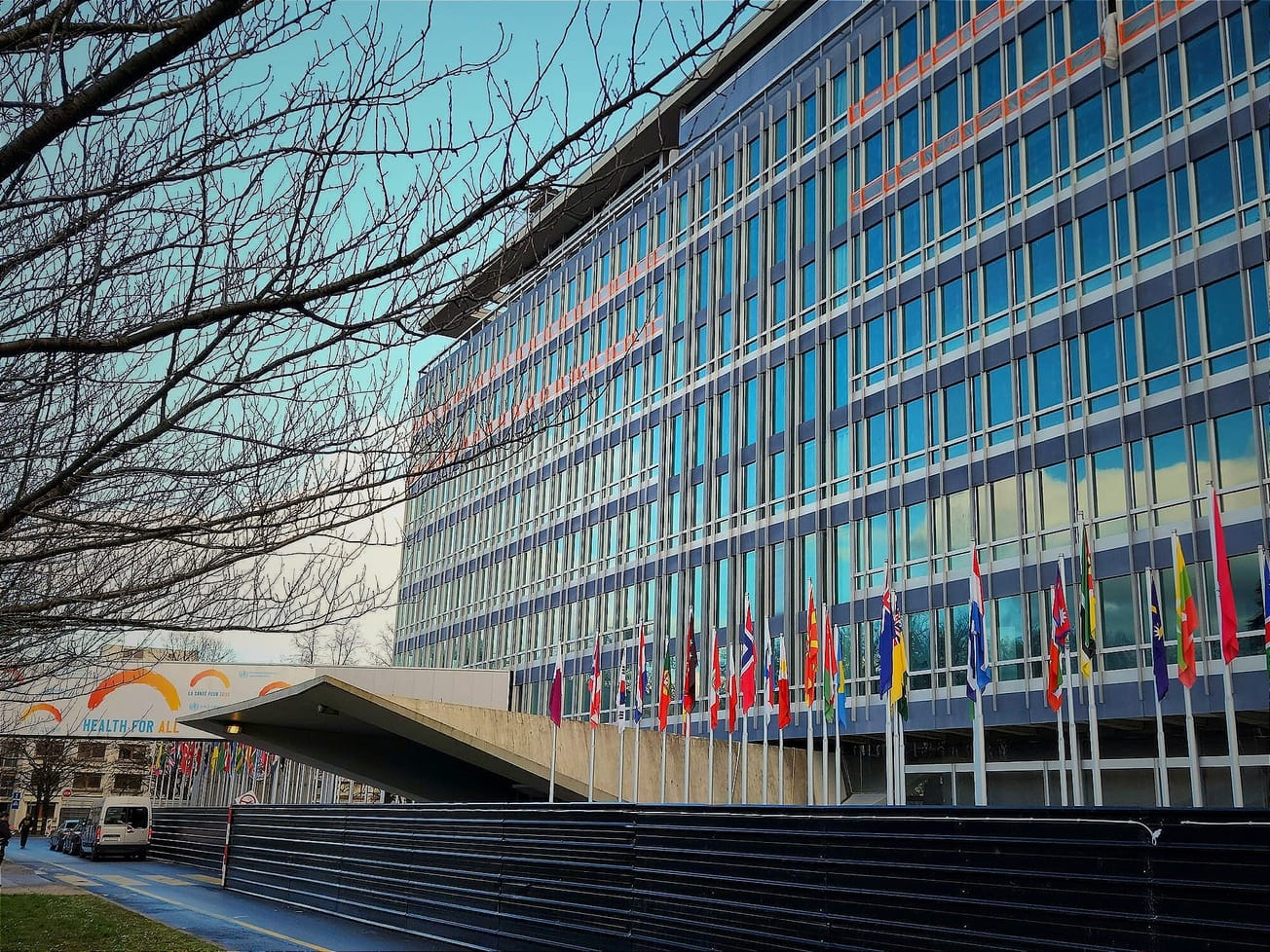Chinese diplomats pushed back on Sunday against the United States' skepticism about whether Beijing fully cooperated with World Health Organization scientists investigating the coronavirus pandemic's origins.
A statement from China's embassy in Washington said the United States "gravely damaged international cooperation on COVID-19" by withdrawing from the U.N. health agency during a pandemic while still "pointing fingers" at nations like China that kept supporting it.
The political sparring resulted from a White House statement a day earlier in which U.S. President Joe Biden's national security adviser, Jake Sullivan, suggested China may have withheld critical data and information from WHO's investigative team during its visit earlier this year to Wuhan, where the coronavirus was first detected in late 2019.
"China welcomes the return of the U.S. to the World Health Organization. The WHO is an authoritative multilateral international organization in the field of health, not a funfair where one can come and go at will," China's embassy in Washington said, referring to the former Trump administration's notice to WHO triggering a formal year-long withdrawal process. Biden has since reversed that.
"What the U.S. has done in recent years has severely undermined multilateral institutions, including the WHO, and gravely damaged international cooperation on COVID-19," it said. "But the U.S., acting as if none of this had ever happened, is pointing fingers at other countries who have been faithfully supporting the WHO and at the WHO itself. With such a track record, how can it win the confidence of the whole world?"
Last week, a team of WHO-led international and Chinese scientists held a press briefing from Wuhan, where it concluded after a nearly four-week visit starting on January 14 that the initial spread of the coronavirus among people most likely originated from an animal and not from an accident in a Chinese lab.
It said the virus appeared to have jumped directly from an animal to humans, or through an intermediary host species such as a bamboo rat or pangolin.
That the team's latest findings fit with Chinese government-promoted narratives suggesting the virus could have been picked up from frozen food or animal sources outside its borders prompted an outcry among critics of WHO and China who believed the team of scientists were hoodwinked.
The Trump administration had argued without any evidence that the virus may have escaped from virus samples collected by the Wuhan Institute of Virology, which China vehemently denied.
This was NOT my experience on @WHO mission. As lead of animal/environment working group I found trust & openness w/ my China counterparts. We DID get access to critical new data throughout. We DID increase our understanding of likely spillover pathways. https://t.co/gwGnm9pnGj
— Peter Daszak (@PeterDaszak) February 13, 2021
'Deep concerns' over the WHO investigation
The situation became inflamed over the past week by conflicting news media reports and statements from scientists in social media. The New York Times reported that China refused to turn over important health data that could help solve how and when the outbreak started and how to prevent future pandemics.
WHO Director-General Tedros Adhanom Ghebreyesus said nothing was ruled out as far as determining the origins of COVID-19.
British zoologist Peter Daszak, however, tweeted in response to the Times article that as a member of the international team "this was NOT my experience on @WHO mission." Another team member, Danish scientist Thea Koelsen Fischer, also tweeted "this was NOT my experience either."
Though the Chinese authorities provided the team with an analysis of raw data rather than the data itself, she said the team had established a "good relationship" with its Chinese counterparts.
Sullivan, on behalf of the White House, said WHO's mission has never been more important and the United States maintains "deep respect" for its global health work, which is why Biden ordered the U.S. to rejoin it as a member nation.
"Re-engaging the WHO also means holding it to the highest standards. And at this critical moment, protecting the WHO’s credibility is a paramount priority," Sullivan said.
"To better understand this pandemic and prepare for the next one, China must make available its data from the earliest days of the outbreak," he said. "Going forward, all countries, including China, should participate in a transparent and robust process for preventing and responding to health emergencies — so that the world learns as much as possible as soon as possible."








